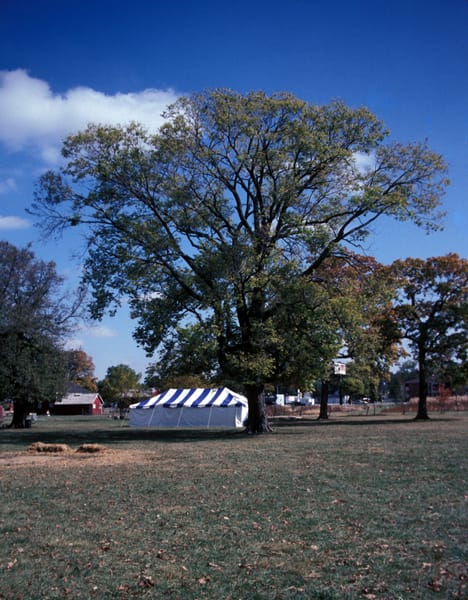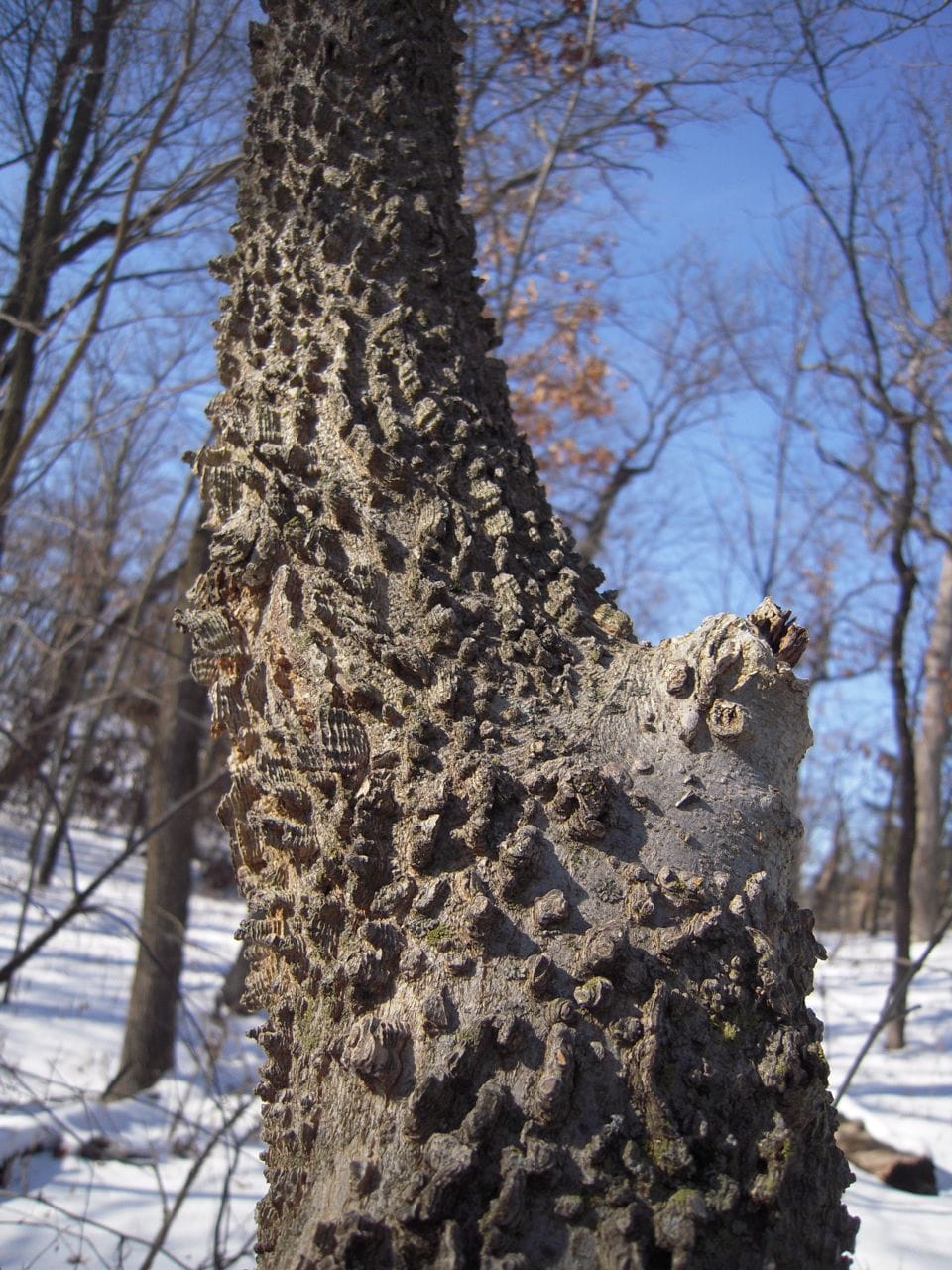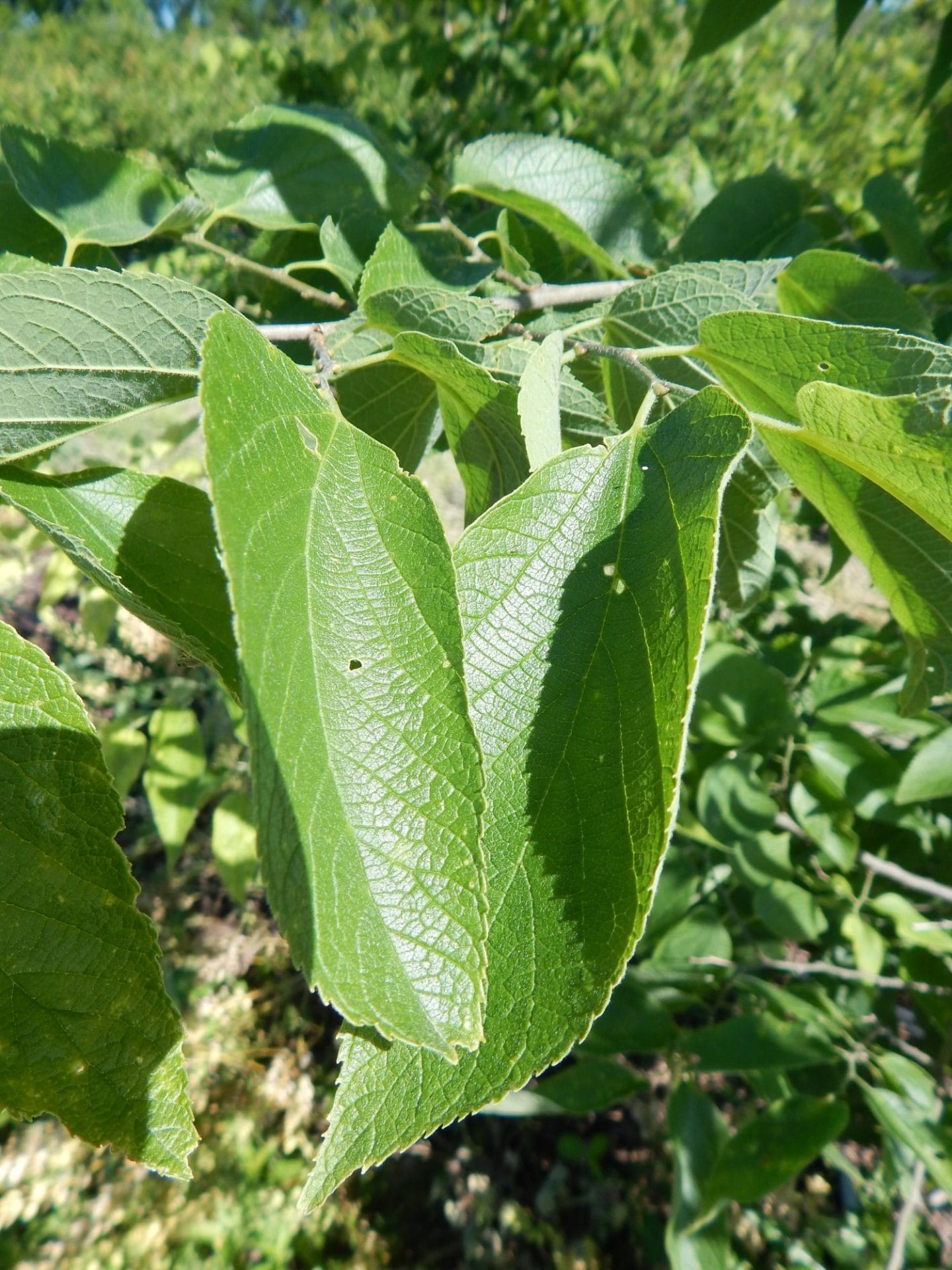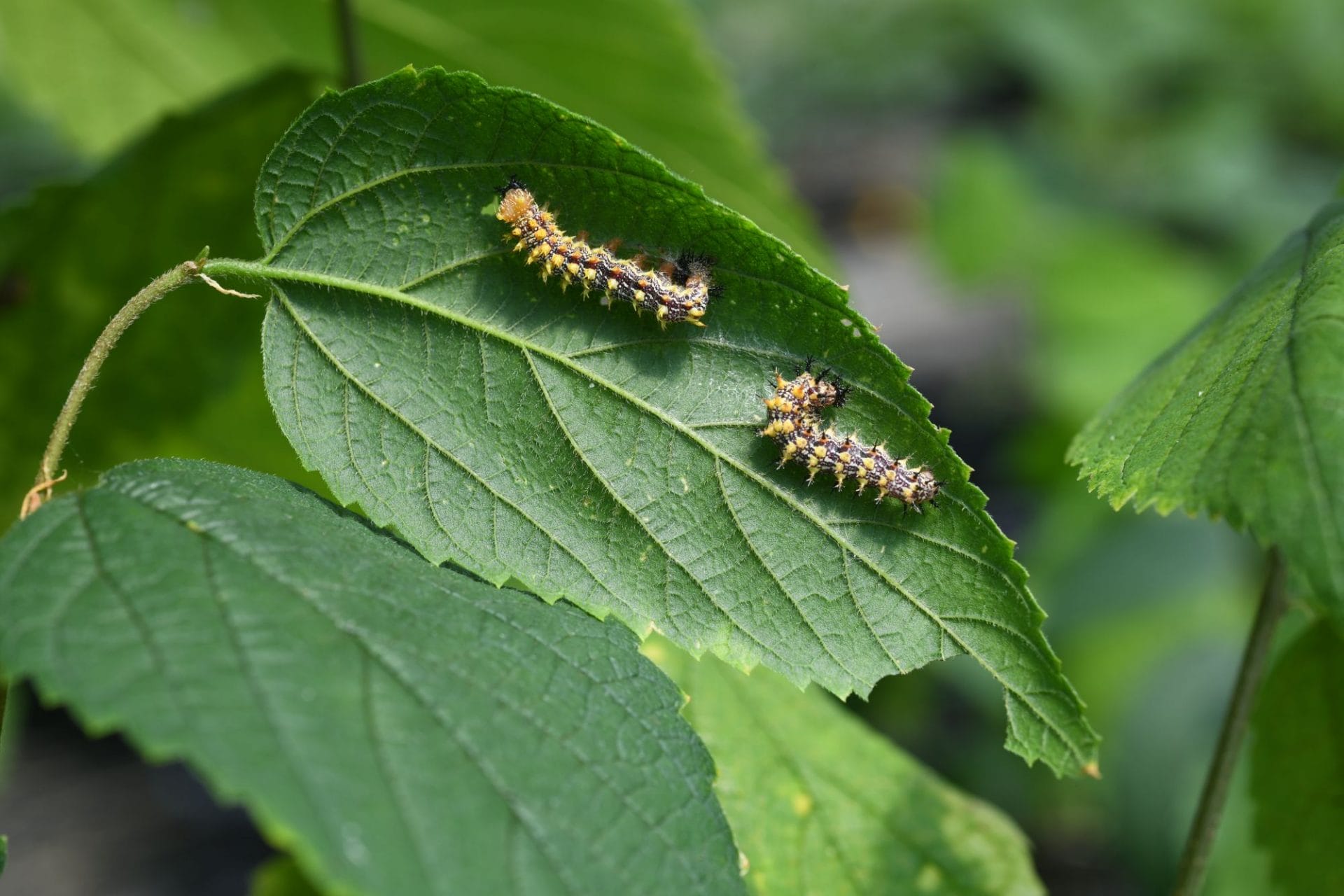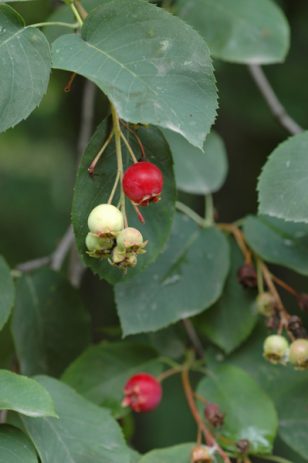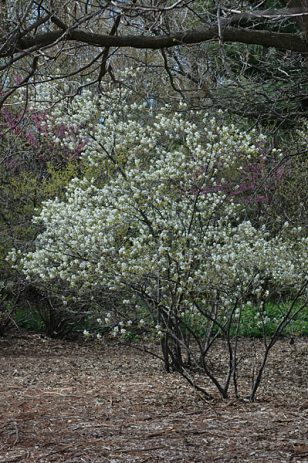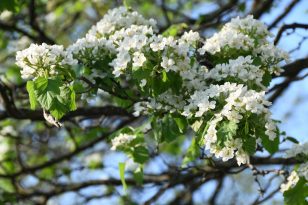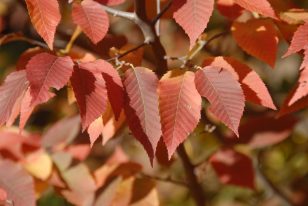Plant Details
Plant Type
Trees
Soil Type
Medium, Medium Wet
Light Exposure
Full Sun, Partial Sun / Part Shade
Bloom Period
Spring
Urban Environment
Compacted/New Construction Soils, Harsh Exposure Tolerant, Road-side/Salt Tolerant, Uncompacted Urban Soils, Yards that Flood
Habitat
Floodplain, Sandy Soils, Savannas, Woodlands
Growth Form
Single trunk
Growth Rate
Moderate
Flower Color
Green
Fall Color
Yellow
Size
Max height60 Feet
Max width60 Feet
Sizing Options
1 Gallon, 10 Gallon, 15 Gallon, 5 Gallon
Additional information
Butterfly host plant, Drought Resistant, Great Shade Tree, Loved by birds
